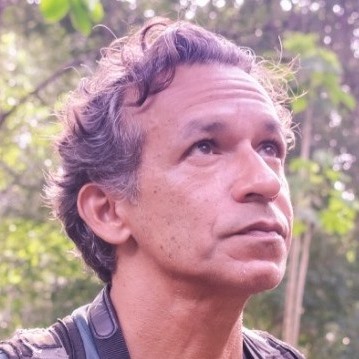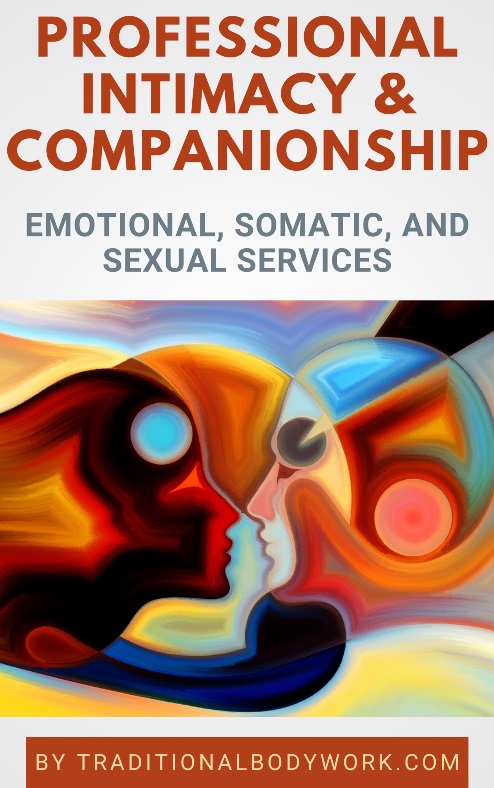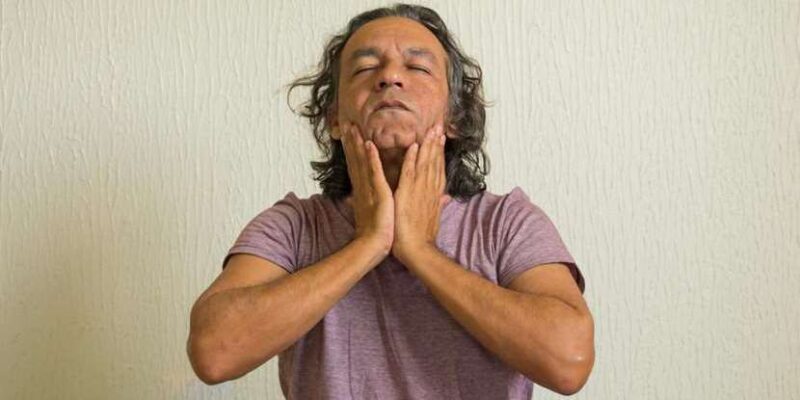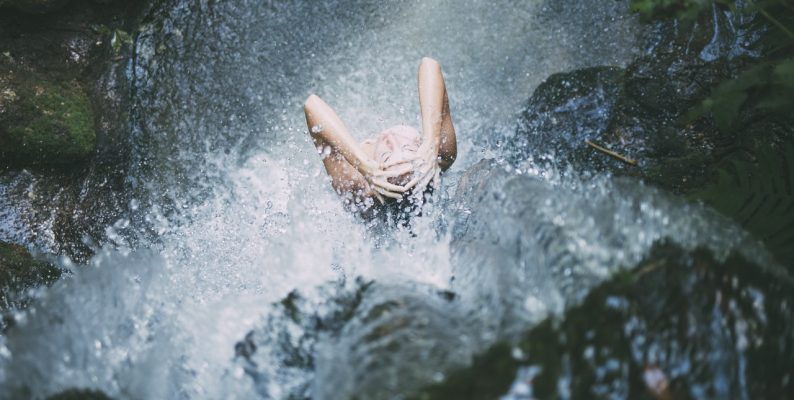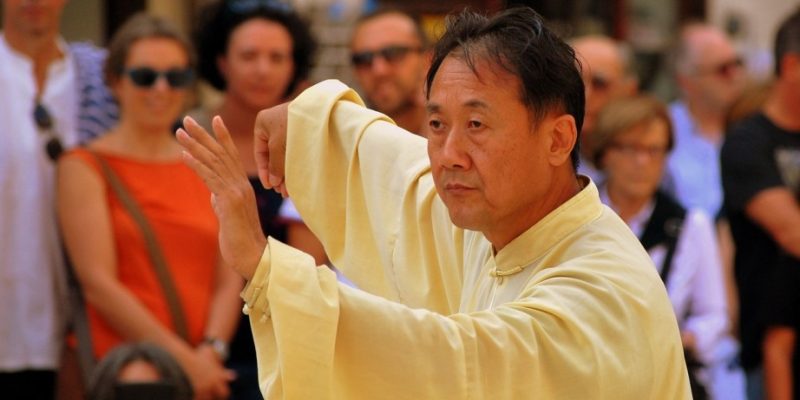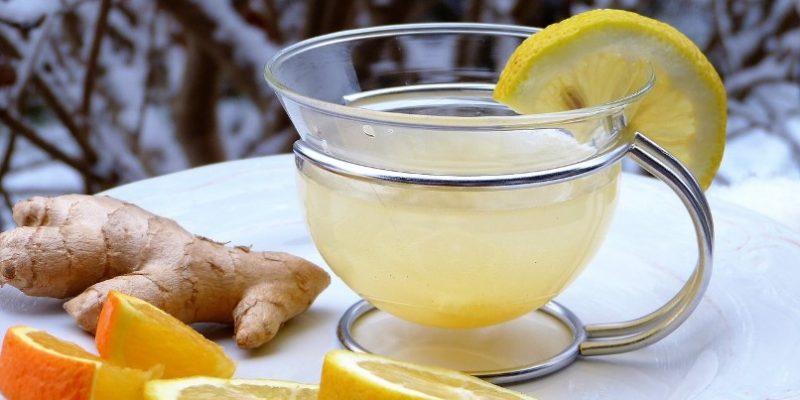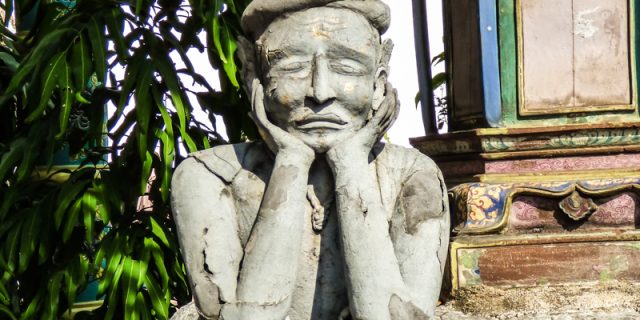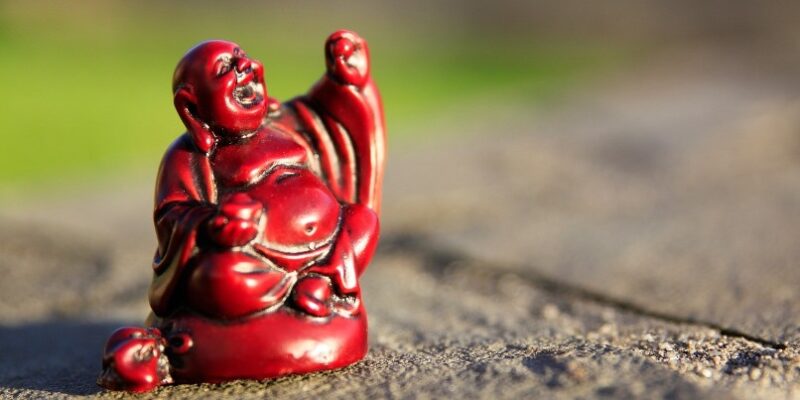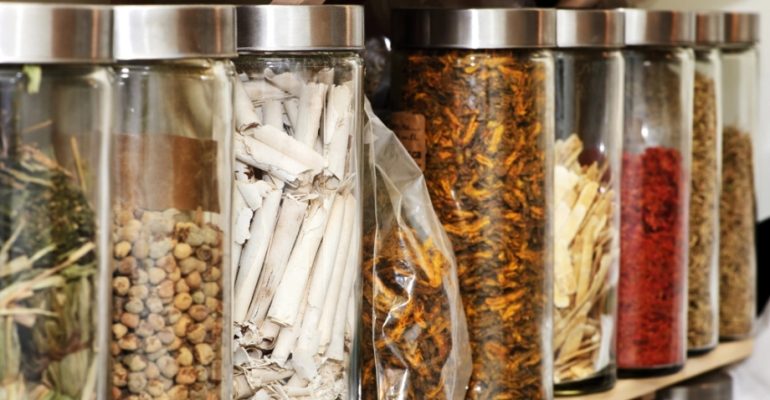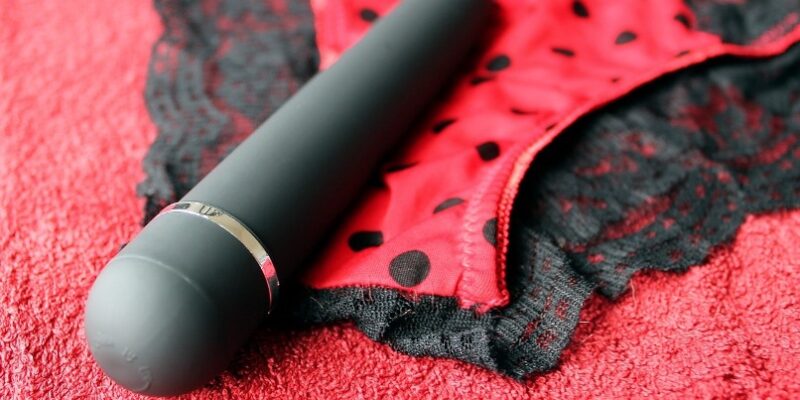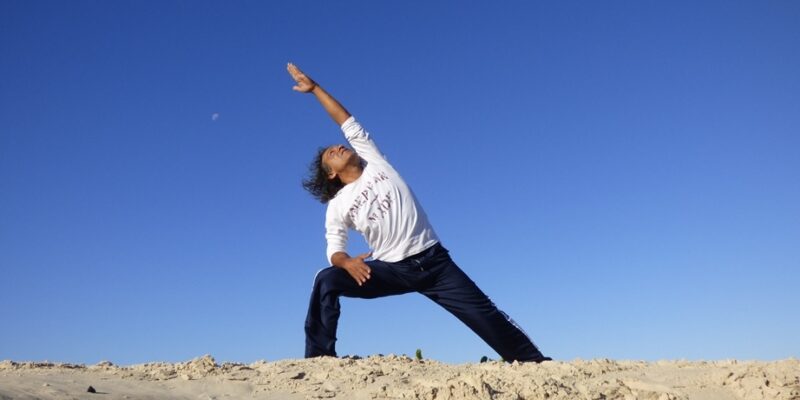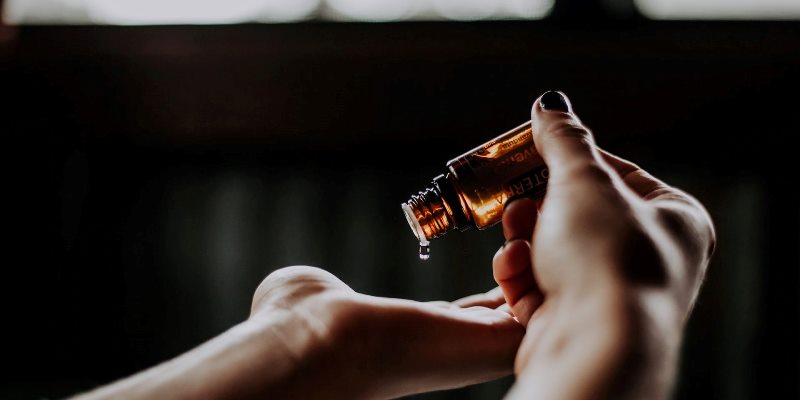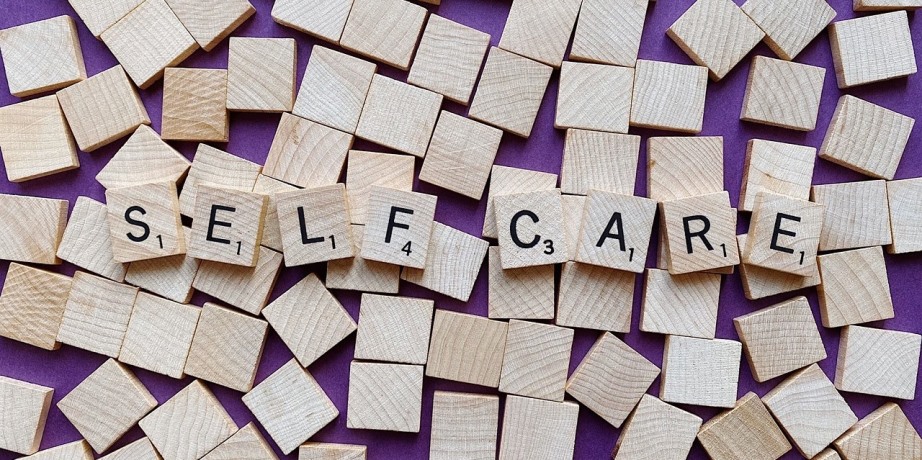
Self-Care is from all times and spans physical, emotional, mental, hygienic, aesthetic, energetic, sexual and spiritual aspects of man. Self-Care is about illness prevention, health maintenance and appearance, restoration and healing.
Traditionally, through thousands of years, Self-Care has rather been a holistic practice, that is, it would focus on all the above mentioned features of a human being seeing them as interconnected. Self-Care practices were embedded in a certain lifestyle, which was usually based on metaphysical and practical knowledge, religion and spirituality, ethics and habits, and the available means i.e. resources within a specific culture or region. Moreover, Self-Care has always been seen as being part of Traditional Medicine.
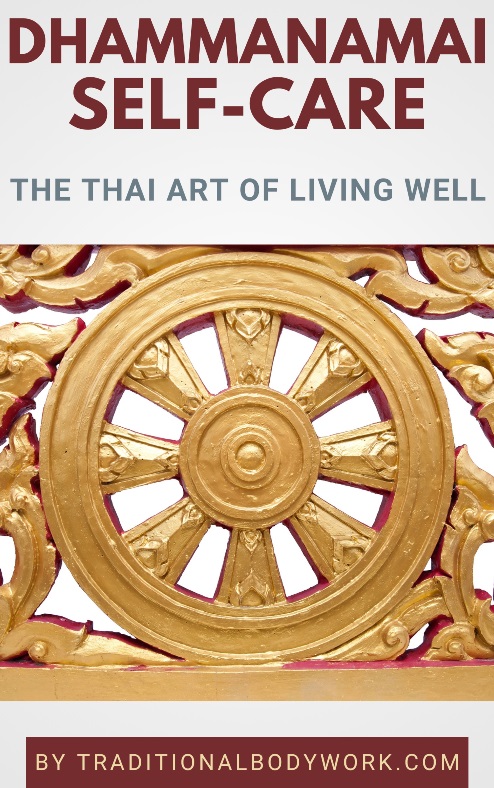
When we look at traditional Self-Care practices we can recognize very distinct tools and methods that have been used (and are still used, by the way) throughout the centuries. For instance, meditation, contemplation and prayers are widely used for spiritual development and healing, but also for physical strengthening and so-called energy work.
Chanting, visualizations, mantras and yantras, and such, are likewise used to connect to or invoke emotional or spiritual help, or to enhance a physical practice.
Herbs and food have been widely and persistently applied to prevent illness, to maintain or regain health, or for hygienic and aesthetic reasons. The variety of herbal applications is vast and extents to the whole physical body, but certainly also to the mind, energy body, and spirit.
In the past, the use of herbs and foods has often been determined to what was locally available in the region where people lived. Today in our global world, of course, this is much less applicable; we can get anything almost anywhere if we want to.
Another domain of Self-Care is physical exercise. This includes activities such as Yoga, massage, walking and hiking, stretches, inner and outer martial arts, and the like. Traditionally, these practices were usually not carried out in isolation, but in relation to or combined with meditation, nutritional practices, and energy work.
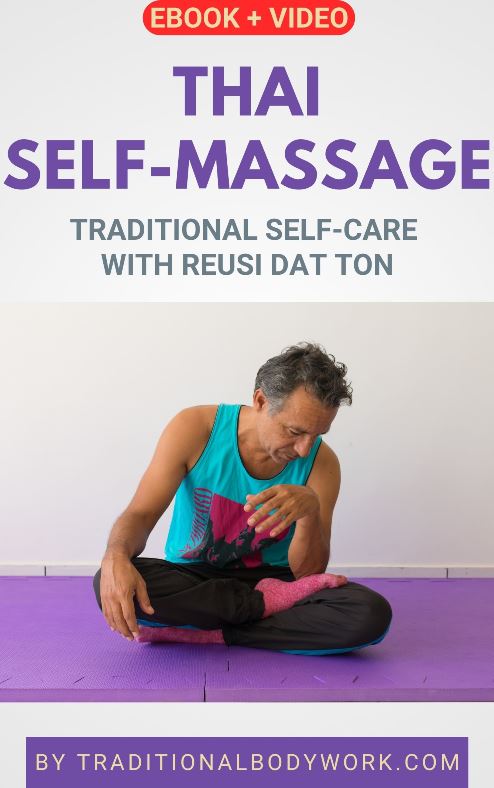
For instance, Yoga can be done as a pure physical activity with physical aims, such as becoming more flexible, getting more strength, or heal injuries. On the other hand, Yoga can also be a means to work with Vital Life Energy, or to appease and prepare body and mind for spiritual practices, such as meditation.
Over time, in traditional civilizations, certain sets of Self-Care practices have been compiled into complete systems, such as, for instance, the Dhammanamai in Thailand, the Purusartha in India, or the Yang Sheng practices in China, hence making it easier for people to know what and how to do and take appropriate care of themselves.
Of course, Self-Care needs to be learned and thus — taught. We rely heavily on the experience and knowledge of the generations before us. Sometimes, when we don’t find a solution for a certain health problem within available practices, we may come to invent something new. This new practice may become something that gets incorporated in existing Self-Care activities, and as such it enriches mankind’s Self-Care abilities.
Self-Care tools and methods are not static at all. Our environment changes, we change, our knowledge of the world and of mankind changes, and we adapt accordingly. In a world as we know it today, we are also more than ever able to choose the best of all worlds, combining and integrating Self-Care practices that came about in different societies over long periods of time.

Although Self-Care historically also had aesthetic motivations, contemporary Self-Care practices increasingly move into directions of beautifying our appearances. In itself perhaps nothing wrong with this when seen as a reaction to recent religious eras that too much focused on “the afterlife,” but we cannot avoid the feeling that there’s some excess in this today.
Facials, slimming massages, sexual enhancement practices, aphrodisiacs, or body sculpting, that is, anything that enhances or beautifies our appearance or makes us more “attractive” according to society’s trending aesthetics standards, has become overly important.
I think we need to be careful here not to forget that Self-Care is a holistic practice that covers physical, emotional, and spiritual facets, and both inner and outer health. Too much attention for only one or a few aspects of our being undermines both the idea and the actual reality of appropriate Self-Care.

